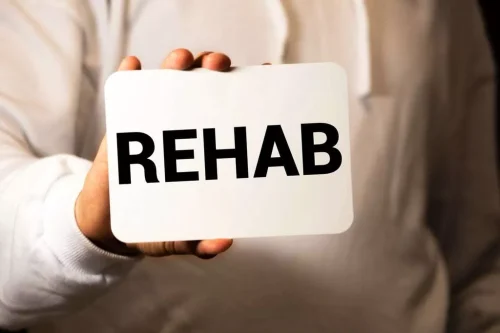
In particular, she’s committed to helping decrease stigma around mental health issues. She lives in Washington with her son and a lovably recalcitrant cat. At the end of the day, just remember you don’t have to run the course alone — connecting with a therapist or joining a recovery program can make all the difference. Understanding the three distinct components of your habit loop can help you come up with more specific strategies to overcome cravings when they pop up. You might notice stressful or tense situations tend to fuel cravings more often than not.
Find more top doctors on
- Just as different things can trigger alcohol cravings from person to person, different strategies can help you manage them.
- But you can probably consume more than two drinks per day and still drink responsibly.
- If you are having a very difficult time with urges, or do not make progress with the strategies in this activity after a few weeks, then consult a healthcare professional for support.
- “Alcohol cravings can be very intense, especially in early recovery,” explains Ruby Mehta, licensed clinical social worker and director of clinical operations for digital recovery platform Tempest.
The word “alcoholic” is important because it suggests that you need treatment and, most people think, that you need to stop drinking entirely. Jeanette why cant i control my drinking Hu, AMFT, based in California, is a former daily drinker, psychotherapist, and Sober Curiosity Guide. She supports individuals who long for a better relationship with alcohol, helping them learn to drink less without living less. When it comes to “healthy drinking” I think it’s actually more helpful to think in terms of “lower risk” or “higher risk”, since there’s some amount of risk to all drinking.
Symptoms
They may unconsciously choose foods that are easier to eat, or they may eat more slowly. But untreated swallowing problems raise the risk of choking. In the first phase of swallowing, food or liquid is contained in the mouth by the tongue and palate (oral cavity). Simon Sherry, Ph.D., is a psychology professor at Dalhousie University.
Your Drinking Habits May Be Influenced By How Much You Make

Signs of an alcohol problem include drinking more, or more often, than you intended, or making unsuccessful attempts to cut back or quit. People with alcohol problems often have trouble functioning at work, home, or school. Therapy, medication, and recovery programs can all have benefit for reducing and preventing cravings. Combining medication with therapy and other interventions can prove even more helpful than medication alone. Maybe you experience your strongest cravings when you feel anxious or stressed or find yourself facing conflict with someone you care about. She notes that it can help to avoid your triggers as much as possible in early recovery, since triggers are often most intense when you first stop drinking.

Health Challenges

In other words, what works for a friend won’t always work for you. That’s why building your own recovery toolkit can make a difference in your ability to weather the most intense cravings. Of course, addressing your triggers at the source can also go a long way toward helping you make lasting changes. Even 10 minutes catching up on recent news and sharing stories from your daily life can offer enough of a distraction that the craving passes, almost before you know it. Other helpful distractions might include meditation, calling a sober buddy, or taking a shower, Hank suggests.
Helpful Links
- Internal triggerstypically involve memories, thoughts, emotions, or physical sensations that prompt the urge to drink.
- Perhaps a glass of wine during a conversation with a friend is a pleasure we want to allow ourselves and helps us feel connected and engaged.
- I now also recognise and think frequently about the fact that alcohol is carcinogenic — the less you drink, the lower your risk of alcohol-related harm.
- Simon Sherry, Ph.D., is a psychology professor at Dalhousie University.
I now also recognise and think frequently about the fact that alcohol is carcinogenic — the less you drink, the lower your risk of alcohol-related harm. This is because familiar “cues” – such as your home setting – are repeatedly paired with alcohol’s effects. This response counters alcohol’s impairing effects, and we may not feel as “intoxicated” as a result. Tolerance can develop much more quickly if alcohol is always consumed in the same environment – for example, if you only drank at home during lockdown.

